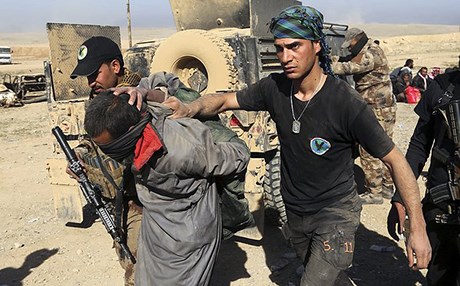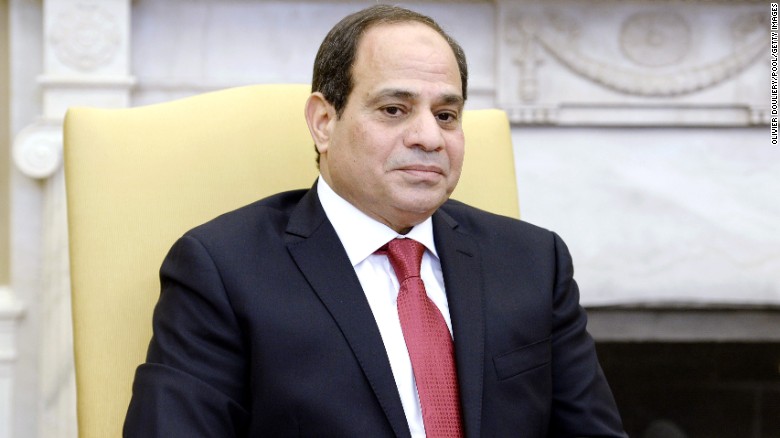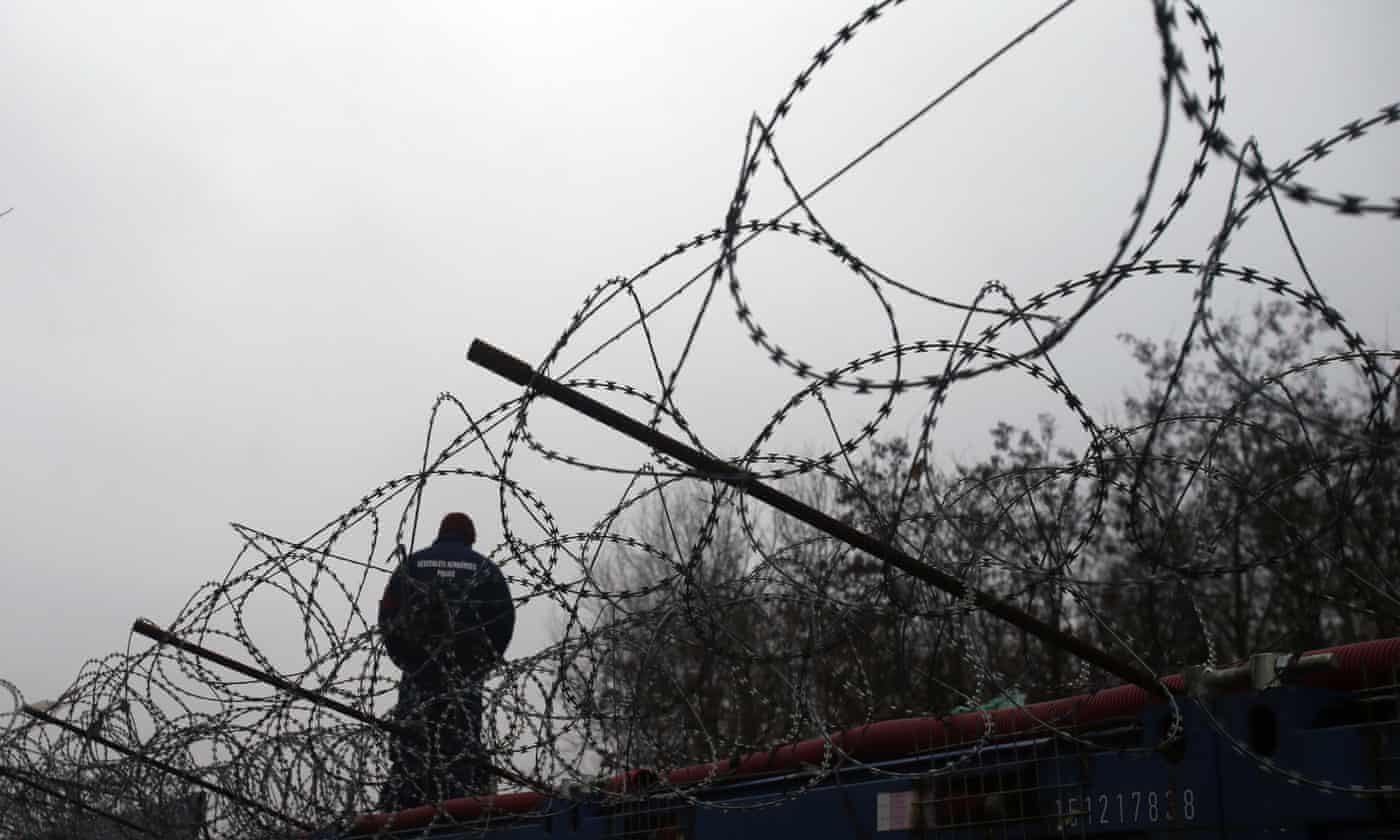By: Karina Johnson
Impunity Watch Reporter, North America
GUATEMALA CITY, Guatemala — On Sunday, August 27, Guatemalan President Jimmy Morales ordered the expulsion from Guatemala of Ivan Velasquez, the Colombian prosecutor heading the UN supported anti-corruption panel CICIG. Mr. Velasquez had requested that Guatemala’s Congress remove President Morales’ presidential immunity to investigation two days prior.

President Morales’ expulsion order was temporarily stopped by Guatemala’s Constitutional Court, in response to which the President protested that the court was infringing on his authority over foreign affairs. On Monday, September 4, the Supreme Court ruled that Mr. Velasquez’s request to remove President Morales’ immunity should be considered by Guatemala’s Congress.
Within the next few days, Guatemala’s Congress will form a small committee to examine the case and present their findings to the rest of Congress. Two-thirds of the deputies in Congress would then have to vote in favor to remove presidential immunity. As reported by Al Jazeera, many of these deputies are also under investigation by CICIG.
The International Commission against Impunity in Guatemala (CICIG) is a UN-backed organization that has been operating in Guatemala since 2007. CICIG was begun to combat the widespread governmental and criminal collusion that flourished in Guatemala after 36 years of civil war. Ivan Velasquez led the CICIG in an investigation that resulted in the resignation and arrest of Guatemala’s previous president, Otto Pérez Molina, in 2015 on corruption charges.
President Morales has been under investigation for allegations of corruption stemming from over $800,000 of undisclosed funds received by his political party, the National Convergence Front, during his 2015 presidential campaign. According to Reuters, President Morales’ son and brother are currently under CICIG investigation for fraudulent behavior.
In a statement to the Guardian, Anabella Sibrain, director of NGO International Platform against Impunity stated: “What we’ve seen today is an arbitrary act against internationally backed anti-corruption figureheads, but it is also a strong message to the country’s increasingly robust social movements that they could be next.”
Supporters of President Morales claim that CICIG is an example of United Nations interference in a sovereign nation’s judicial processes and a gross overreach.
For more information, please see:
AlJazeera – Guatemala congress to weigh lifting Morales’ immunity – 4 September 2017
Reuters – Guatemalan president may be investigated in campaign finance case – 4 September 2017
AlJazeera – Guatemala top court sides with UN anti-corruption unit – 29 August 2017
The New York Times – Showdown in Guatemala Over Investigation of President – 28 August 2017
The Guardian – Crisis flares in Guatemala over corruption and organized crime – 27 August 2017



